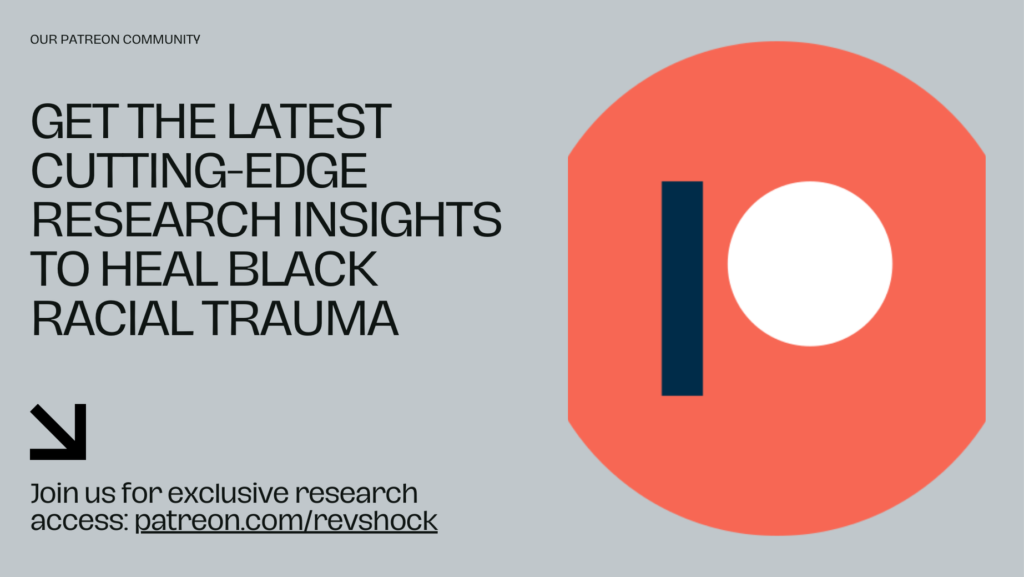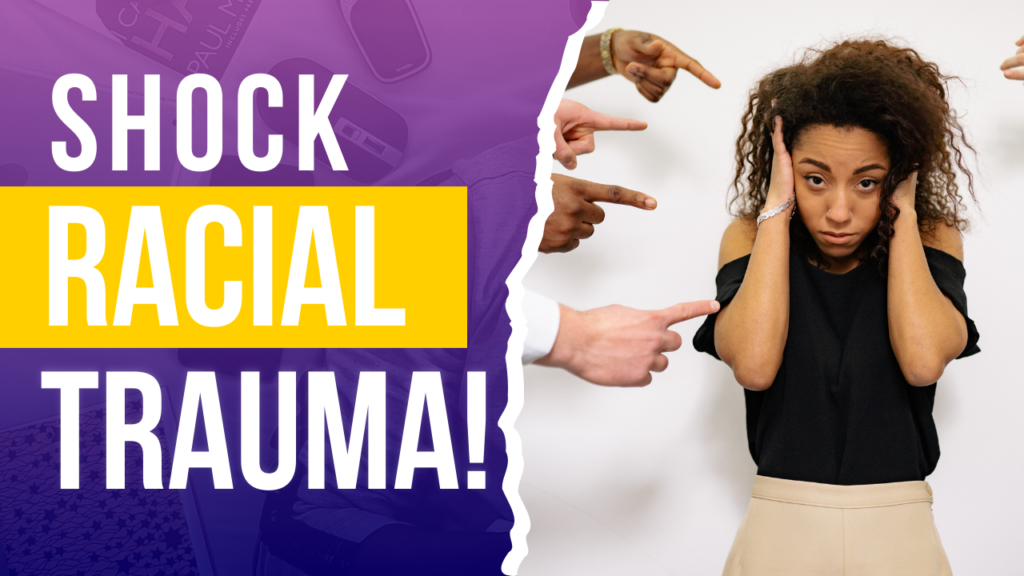
Powered By BlackTraumaGPT.com
Researched and Curated By Rev. Dr. Philippe SHOCK Matthews
(Black Trauma and Mental Health Specialist | Prompt Eng | GPT Dev | Research Scientist | Africana Phenomenologist | Black AI Corsortim co-Founder | Black Mental Health Podcast Host)
Imagine having to constantly be on guard, carefully choosing your words and actions, while navigating spaces where your mere presence might be seen as threatening. Picture the exhaustion of having to prove your worth and belonging day after day, all while processing subtle (and sometimes not-so-subtle) messages that you don’t quite fit in. This is the reality for many Black Americans who experience what researchers call “racial battle fatigue.”
What is Racial Battle Fatigue?
Coined by Dr. William A. Smith, racial battle fatigue refers to the cumulative psychological, physiological, and emotional toll of dealing with constant racial microaggressions and discrimination. It’s like being in a perpetual state of combat readiness, except the battlefield is everyday life – the workplace, school, shopping centers, and even your own neighborhood.
The Symptoms Are Real
Just like soldiers experiencing combat stress, racial battle fatigue manifests in very real physical and mental symptoms:
Physical Symptoms:
- Tension headaches and backaches
- Elevated heartbeat
- High blood pressure
- Exhaustion
- Sleep problems
- Digestive issues
- Muscle tension
Mental and Emotional Symptoms:
- Constant anxiety
- Depression
- Anger and frustration
- Difficulty concentrating
- Loss of confidence
- Social withdrawal
- Emotional numbness
- Hypervigilance
The Daily Grind of Microaggressions
What makes racial battle fatigue particularly insidious is that it often results from an accumulation of seemingly “small” incidents – what researchers call microaggressions. These might include:
- Being followed around stores by security
- Having your credentials constantly questioned
- Being mistaken for service staff
- Having people clutch their purses when you walk by
- Being told you’re “articulate” with a tone of surprise
- Having your ideas dismissed or attributed to others
While any single incident might seem minor to outsiders, it’s the constant drip-drip-drip of these experiences that creates a profound impact on mental and physical health.
The Academic Toll
In educational settings, racial battle fatigue can significantly impact academic performance. Black students often report having to work twice as hard to be taken seriously, while simultaneously dealing with:
- Stereotypes about their intelligence
- Being the “spokesperson” for their entire race
- Isolation in predominantly white institutions
- Extra scrutiny from professors and peers
- The pressure to prove stereotypes wrong
As one student quoted in research explained, “You spend so much energy just dealing with the small stuff that it becomes harder to focus on your actual studies.”
The Professional Impact
In the workplace, racial battle fatigue can manifest through:
- Decreased productivity
- Reduced job satisfaction
- Higher turnover rates
- Missed opportunities for advancement
- Strained workplace relationships
Many Black professionals report feeling exhausted from having to maintain a “professional” facade while processing daily microaggressions and navigating predominantly white spaces.
The Cost of Coping
People experiencing racial battle fatigue often develop various coping mechanisms, some helpful and others potentially harmful:
Protective Strategies:
- Code-switching
- Hypervigilance
- Strategic avoidance
- Building support networks
- Self-care practices
Less Healthy Responses:
- Social withdrawal
- Substance use
- Emotional suppression
- Physical symptoms
- Academic or professional disengagement
Breaking the Cycle
Addressing racial battle fatigue requires action on multiple levels:
Individual Level:
- Acknowledge the reality of your experiences
- Seek support from others who understand
- Practice intentional self-care
- Set boundaries when possible
- Connect with community
Institutional Level:
- Implement genuine diversity and inclusion initiatives
- Provide cultural competency training
- Create safe spaces for dialogue
- Establish clear anti-discrimination policies
- Support mental health resources
Societal Level:
- Acknowledge systemic racism
- Challenge discriminatory practices
- Support policy changes
- Educate about microaggressions
- Promote racial equity
Moving Forward
Understanding racial battle fatigue is crucial for both those experiencing it and those working to create more equitable environments. For Black Americans, naming and acknowledging this experience can be the first step toward healing and developing effective coping strategies.
For allies and institutions, understanding racial battle fatigue should prompt action to address systemic racism and create more supportive environments. This includes:
- Listening to and believing experiences of racism
- Challenging microaggressions when they occur
- Supporting mental health resources
- Creating inclusive spaces
- Advocating for systemic change
A Call to Action
Racial battle fatigue isn’t just a personal issue – it’s a public health concern that affects millions of Americans. As we continue to grapple with racial inequality in our society, understanding and addressing racial battle fatigue must be part of the conversation.
For those experiencing racial battle fatigue, know that your experiences are valid, your feelings are real, and you’re not alone. For others, use this knowledge to become part of the solution. Together, we can work toward creating environments where no one has to bear the burden of constant racial stress.
Remember: The first step toward change is acknowledgment. The second is action. What will you do today to address racial battle fatigue in your community?
This ongoing conversation about racial battle fatigue is crucial for creating meaningful change in our schools, workplaces, and communities. By understanding its impact and working actively to combat it, we can move toward a more equitable and just society for all.
Enjoying Our Content?
Become a member of our Patreon to get the latest research on Racial Black Trauma ! https://www.patreon.com/revshock. Or buy Rev. SHOCK a Coffee! https://bit.ly/3yg5D7A


Book A Discovery Call
Are you ready to SHOCKtrauma? Click HERE now to book a discovery call with Rev. Dr. Philippe SHOCK Matthews

Get Social with Doc SHOCK:
PATREON: https://t.ly/mjksf | REV. DR. SHOCK (PERPLEXITY PAGE): https://t.ly/ppjwh | SOLO: https://solo.to/revshock | BIO: https://t.ly/Ko_y_ | BLOG: https://t.ly/j6bh0 | PODCAST: https://t.ly/cB5GD | ENDORSEMENT: https://t.ly/jFErO | THREADS: https://t.ly/SoKkT | IG: https://t.ly/XsN8f | FB: https://t.ly/R3r9Y | X: https://t.ly/iJ-wy | LINKEDIN: https://t.ly/GZ0pe | TIKTOK: https://t.ly/zfp60 | BLACK TRAUMA GPT: https://t.ly/vswbs | BLACK AI CONSORTIUM: https://t.ly/uiRZN | BOOKS BY PM: https://t.ly/vvHMd
